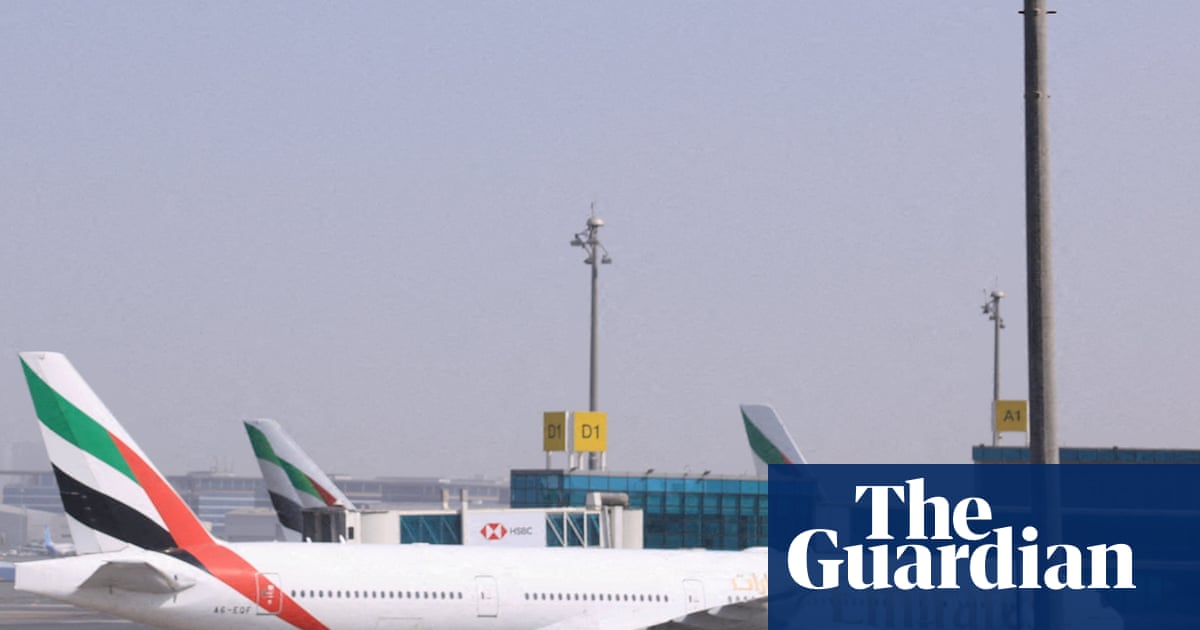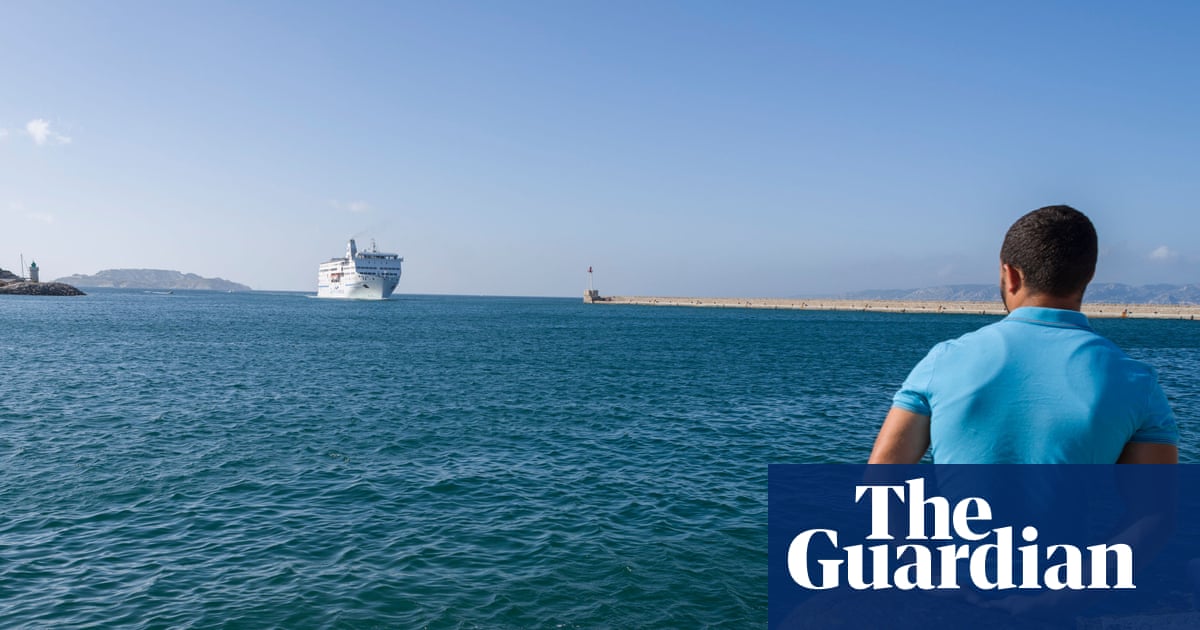The deaths from pollution caused by Europe’s biggest plastic plant, which is being built in Antwerp, will outstrip the number of permanent jobs it will create, lawyers will argue in a court challenge issued on Thursday.
In documents submitted to the court, research suggests the air pollution from Ineos’s €4bn petrochemical plant would cause 410 deaths once operational, compared with the 300 permanent jobs the company says will be created.
Lawyers, community members and financial experts are taking court action in Belgium’s council for permit disputes to stop the plastics facility.
The chemical plant would transform ethane from fracked US shale gas into ethylene – the raw material used to make plastic – in a process called “cracking”. The plant, called Project One, is designed to turbocharge European plastic production. Petrochemical facilities emit particulate matter as a result of their operations.
Plastic production has increased more than 200-fold since 1950 and is expected to almost triple again to more than a billion tonnes a year by 2060, driven largely by single-use plastics used for packaging and drink and food containers.
Tatiana Luján, of Client Earth, who is leading the case, said new evidence showed that in addition to the risks to life, the carbon emissions of Project One would vastly exceed Ineos’s own estimates.
Ineos’s assessment found that projected direct annual carbon emissions would be 655,000 tonnes of CO2 equivalent (CO2e), roughly the same as Eritrea’s output. But lawyers say the company failed to calculate full lifecycle emissions.
A report by Data Desk submitted to the court estimates the full supply chain emissions footprint of Project One could reach 3.8m tonnes of CO2e each year, around five times higher than stated in Ineos’s environmental impact assessment.
Luján said: “We know categorically that we need no more plastic-producing infrastructure globally. Yet right here in Europe, authorities are bending over backwards to enable the biggest plastics facility on the continent yet.
“Project One has a shiny image, but its story is founded on fossil fuels. The gas supply chain is riddled with injustice and huge emissions and this is currently flying under the radar. Meanwhile, experts have detailed a projected local impact that people in Belgium are not being made aware of.”
Since the legal battle began, courts around the world have clarified the inclusion of so-called scope 3 emissions in environmental impact assessments. These are emissions that do not happen on-site but would not be created if the facility did not exist.
Luján added: “Recent rulings on how authorities need to tally up the real impact of industrial developments change the prospects of this legal challenge. This is the first time a court will weigh in on scope 3 and plastics. That makes it a crucial case.”
Ineos told the Guardian they had not been officially notified of the appeal, or received the appeal so were unable to comment in detail on the arguments. “We are disappointed that the NGOs have once again chosen to take legal action, despite our invitation to them to engage in dialogue about their concerns. It is also regrettable that the legal certainty of investments in the renewal of industry in Europe is repeatedly being undermined. This is happening in a context where our European manufacturing industry is heading for further deindustrialisation, due to a lack of protection against rising imports from regions that are not subject to strict environmental regulations.”
They added that they remain fully committed to the project:
“the most environmentally friendly steam cracker in Europe, with carbon emissions less than half those of the most efficient European installations.”

 3 months ago
76
3 months ago
76

















































